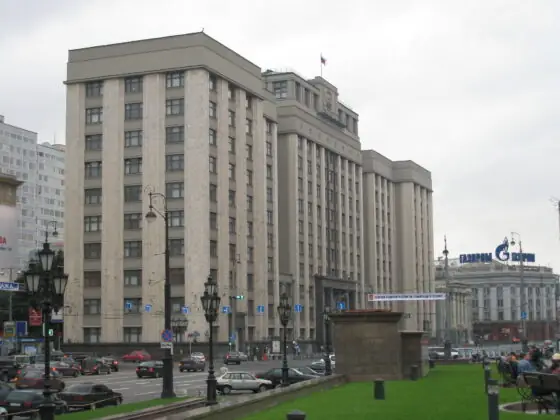Russia has not figured in the US presidential campaign for a number of obvious reasons. When Russian policy was touched upon–and nearly transformed into a scandal against one of the candidates–it was in reference to Russian-Iranian cooperation in sensitive areas, including advanced conventional weapons and the nuclear sphere. Thus, it turns out that Russia's relations with states of concern (Iran, North Korea, Iraq, Syria, Libya, and Cuba) are still a focus of attention for leading US politicians. These issues remain urgent for the White House and the Congress, as well as for those who seek to make a career in the executive and the legislature.
At the same time, all discussions under way in the US that concern Russia's nuclear, missile and other proliferation-sensitive contacts with Iran, Iraq and North Korea are extremely politicized and emotional, as in previous years. The arguments used are intended mostly for a domestic audience and for the US lobbying groups concerned. Efforts to start a new scandal demonstrated once again that the US lacks the facts (but not the allegations) to make a realistic assessment of Russian cooperation with the states of concern. This memo assesses Russia's attitude toward states of concern taking two examples–North Korea and Iran–from the point of view of their nuclear programs.








